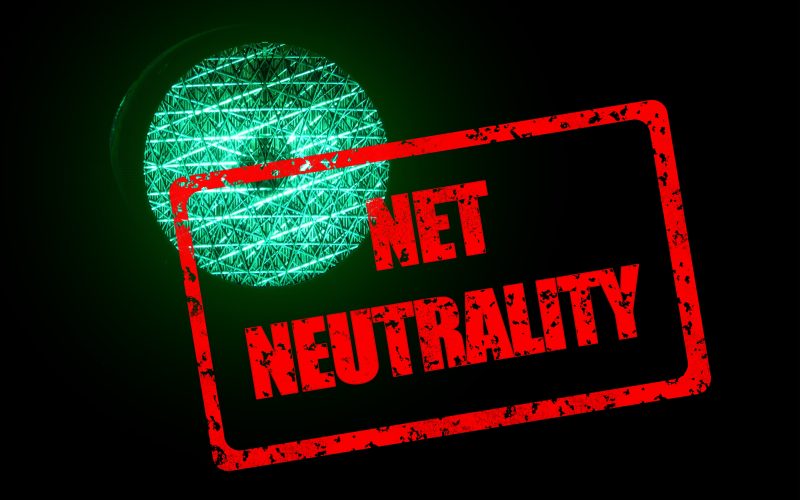Net neutrality is the principle that all data on the internet should be treated equally, regardless of its source or destination. In the United States, the issue of net neutrality has been a controversial topic for years, with internet service providers (ISPs) and advocates on both sides of the debate. The battle for net neutrality has far-reaching implications for the future of the internet and the role of government in regulating it.
In 2015, the Federal Communications Commission (FCC) enacted net neutrality rules that prohibited ISPs from blocking or slowing down access to certain websites or services, as well as from charging extra fees for faster access to content. The rules were seen as a victory for advocates of a free and open internet, who argued that without net neutrality, ISPs could create “fast lanes” for certain websites or services, while leaving others in the “slow lane.”
However, in 2017, the FCC, under the leadership of Ajit Pai, repealed the net neutrality rules, claiming that they stifled innovation and investment in broadband infrastructure. The move was met with widespread criticism from net neutrality advocates, who argued that it would lead to ISPs abusing their power and limiting access to the internet.
The battle for net neutrality has significant implications for the future of the internet. Without net neutrality rules in place, ISPs could potentially charge extra fees for faster access to certain websites or services, which could lead to a tiered internet where only those who can afford to pay for premium access can enjoy fast speeds. This could have serious consequences for small businesses, startups, and marginalized communities, who may not have the resources to pay for premium access.
Furthermore, the repeal of net neutrality rules has also raised concerns about the role of government in regulating the internet. Some argue that the government should have a hands-off approach to the internet, allowing the free market to dictate how it operates. Others argue that the internet is a public utility and that the government has a responsibility to ensure that it remains accessible to all.
The battle for net neutrality is ongoing, with lawsuits and legislation being introduced to restore the net neutrality rules. As the fight continues, it is clear that the future of the internet is at stake, and that the decisions made by lawmakers and regulators will have far-reaching implications for years to come.












